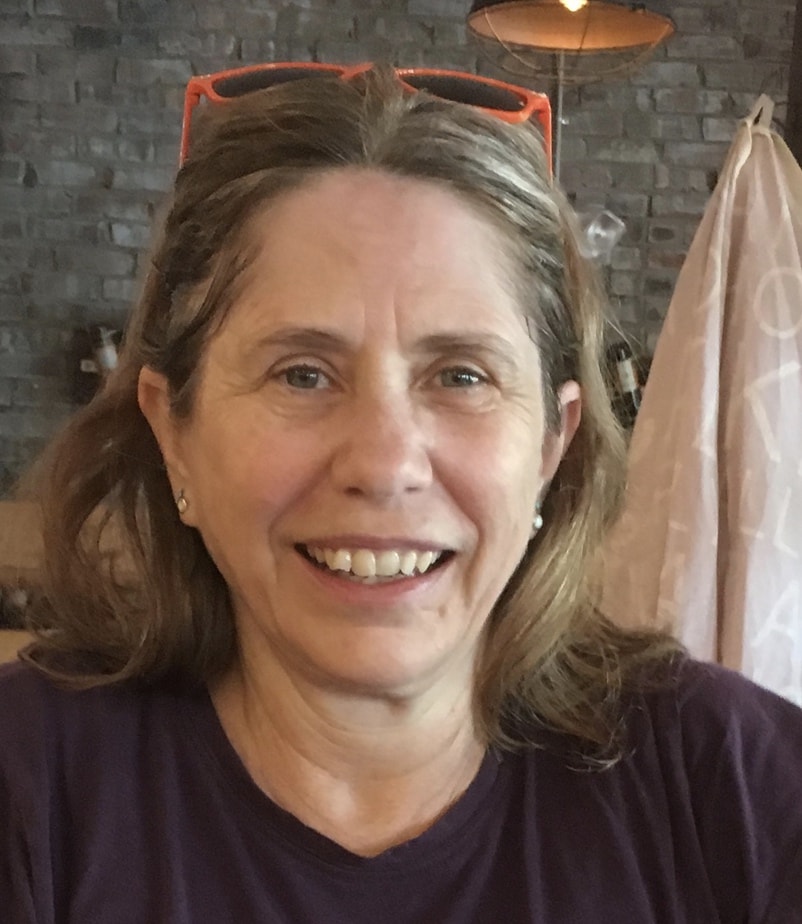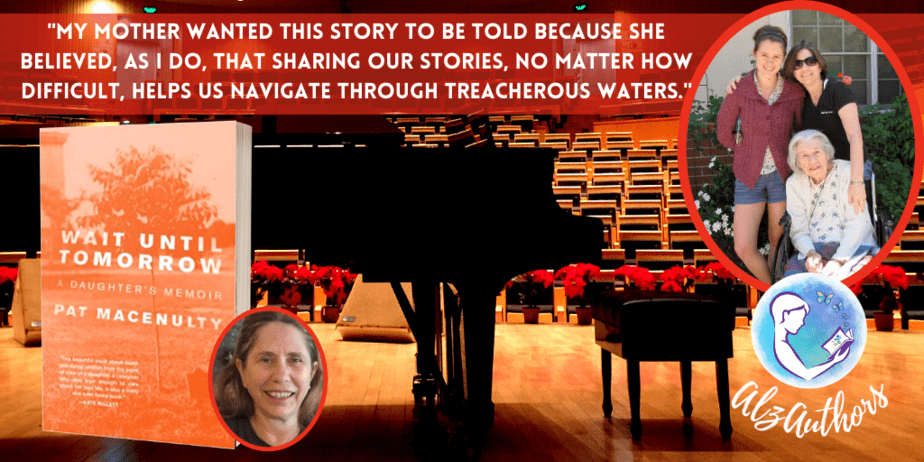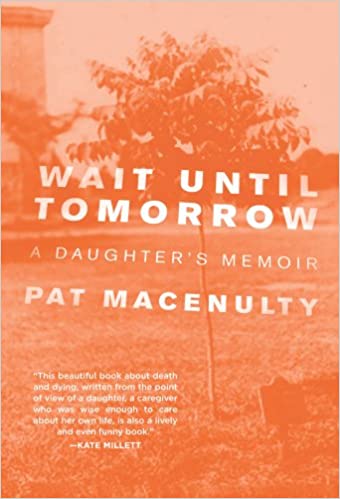Dementia was the official cause of death for my mother, but it had chipped away at her life for the previous six years. She was 86 years old when she finally retired from her job as a church organist and choir director. The pain from a botched spinal operation and the loss of purpose hastened the dementia that finally took her life.
When my mother could no longer live on her own, I took her away from the fulfilling life she loved and brought her to live in a facility near me. It was heartbreaking for both of us. Seeing her bright light flicker and fade, listening to her groan in pain as she tried to walk, and sensing her confusion when she forgot where she was depleted my spirit.
My outlet was writing. I wrote an essay about taking care of my mother’s feet that was published by the Sun Magazine. Readers responded. I wasn’t alone. Each situation is unique, but the feelings of sorrow, frustration, guilt, anger, and sometimes joy are common to us all when faced with an aging parent in need. I realized I needed to tell this story for all of us.
My memoir, Wait Until Tomorrow, was published two months before my mother’s death. She proudly wheeled around the assisted living facility with the book on her lap, showing it to everyone she encountered. She couldn’t read anymore, but she knew it was about the two of us. She wanted this story to be told because she believed, as I do, that sharing our stories, no matter how difficult, helps us navigate through treacherous waters.
After her death, we had a memorial service at the church where she had once been the organist and choir director. As we drove home, a sparkling vertical rainbow rose from the horizon into the sky. The rainbow seemed to be a sign that after six years of cognitive decline and physical pain, my mother was finally free.
For a few years I was also free. I had gotten out of a difficult marriage. My teaching job helped me feel secure about my future. My daughter launched successfully into adulthood. Everything looked rosy.
Then my ex-husband had a debilitating stroke, and there was no one else to take care of him. Once again, I put everything aside and became a caregiver. The second time was much harder. He was still fairly young and didn’t want to live in a facility.
So I moved in with him and took on the exhausting work of a fulltime caregiver — bathing him, feeding him, and changing his diapers, not to mention juggling countless medical appointments. The situation was exacerbated by the fact that the stroke had significantly impaired his cognitive abilities. After ten grueling months, he died of pneumonia.
In both instances caregiving took a toll on me, physically and emotionally, but I don’t regret my choice either time. Yes, I sacrificed my way of life temporarily. But I believe this is what it means to be human — to take care of each other, to love people when they are at their worst, and to continually forgive yourself for never quite measuring up. I remind myself that I did my best, at least most of the time, and in the end that was all I could do.

Bio: Trish MacEnulty is the author of four novels, a short story collection, a children’s play, and the memoir, Wait Until Tomorrow. She is a professor of English and has led writing workshops at conferences and for incarcerated populations. She is currently working on historical fiction. She lives in Florida with a lovely man, a chihuahua she found on the street, a black lab she inherited from her ex-husband, and a cat who called out to her from a cage.
Twitter: @pmacenulty
Facebook: https://www.facebook.com/Trish-MacEnulty-Writer-593880874110988
email: tmacenulty@gmail.com



